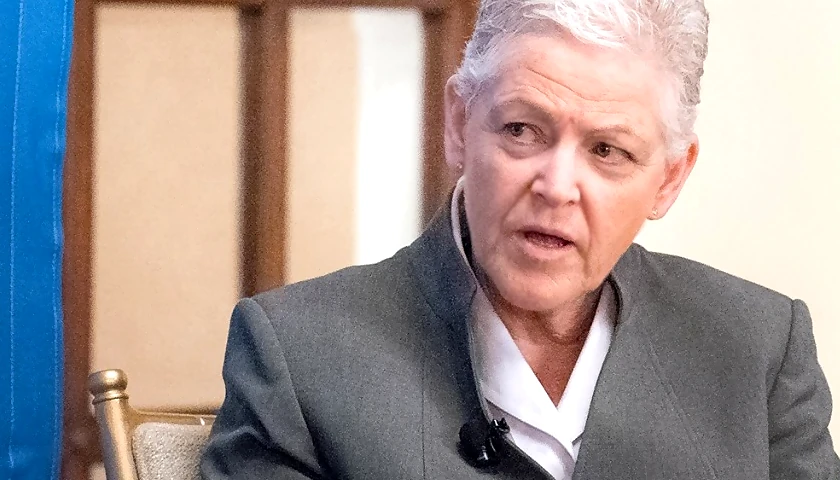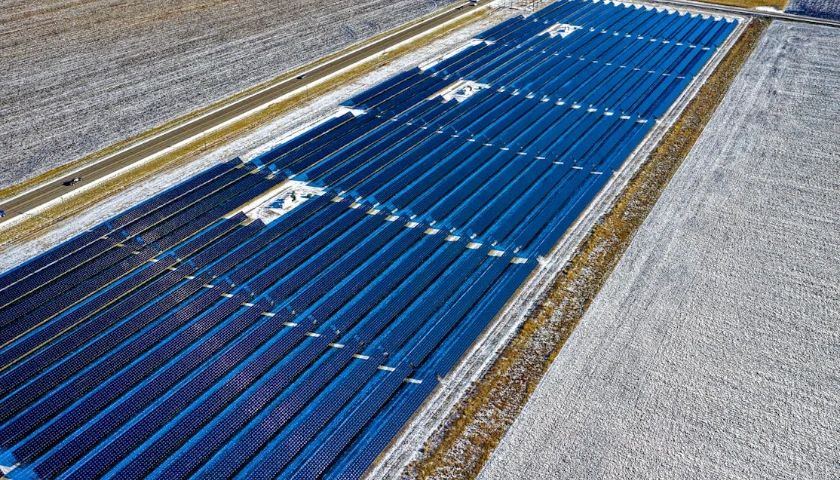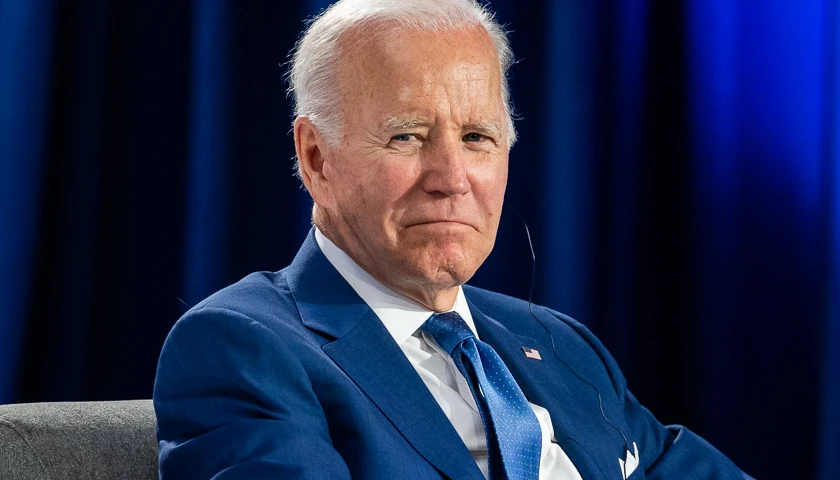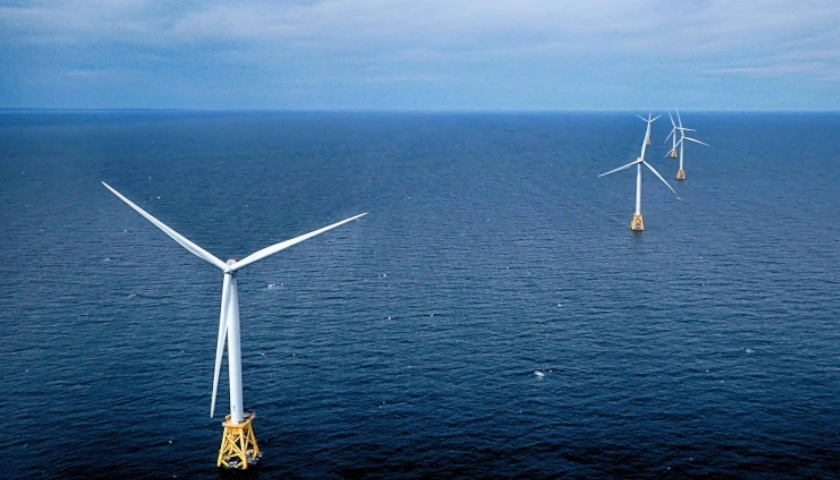President-elect Donald Trump is planning to redirect unspent Inflation Reduction Act funding to spending on infrastructure, the Daily Caller News Foundation has learned.
“President Trump will rapidly defeat inflation and bring down all prices by ending the Democrats’ anti-energy crusade, which will cut energy prices in half during his first 12 months in office,” Karoline Leavitt, Trump-Vance transition spokeswoman, told the DCNF in a written statement. “He will also terminate the Green New Scam and rescind all unspent funds from the so-called ‘Inflation Reduction Act’ and redirect them to spending on real infrastructure.”
Read More








